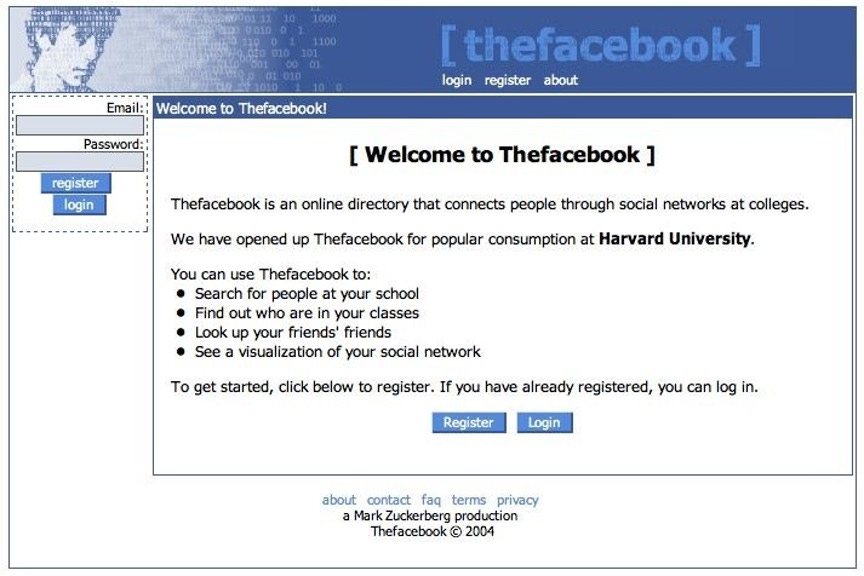The Uncut, Original Opening of "Wanting"
The Founding of Rome, and The Genesis of Desire and Rivalry
Below is the original, unedited opening to my book, Wanting, from an early draft of the manuscript. I’ve never shared it before with anyone.
The text is completely different from the opening of the published book. The prologue, in particular, is more literary and allegorical.
I thought I’d open a window into both my early thinking and the extent to which the editing process shapes a final work.
Here it is.
Wanting — Uncut
Epigraph
“The goals we pursue are always veiled. A girl who longs for marriage longs for something she knows nothing about. The boy who hankers after fame has no idea what fame is. The thing that gives our every move its meaning is always totally unknown to us.”
Milan Kundera
Author of The Unbearable Lightness of Being and friend to René Girard
Prologue
Rhea Silvia got pregnant—this, after she’d been forced to be a Vestal Virgin for thirty years by her murderous uncle. Some say it was by rape. Some say by tryst. If you asked Rhea, she’d tell you that the god Mars had visited her in a secret garden.
When Rhea gave birth to twin boys, her uncle—fearful that the boys might one day become rivals to his throne—ripped them from her arms, threw her into a cell, and ordered a servant to abandon them on the banks of the Tiber River.
There on the banks of the muddy river, where the babies laid crying and grasping for their mother’s arms, lived a she-wolf who had recently lost her cubs. She found the babies and suckled them in a cave, protecting them from the cruel world outside.
The twins were eventually discovered by a shepherd and his wife, and the twins grew up to be strong, natural leaders—but completely unaware of their real identities.
Finally, after they became involved in local community politics, they learned from others who they really were. The two boys, Romulus and Remus, gathered an army of followers around them, took vengeance on their uncle, and restored the rightful king.
Then they decided to build a city.
As they stood atop one of the seven hills of Rome, Romulus expressed his wish to build the new city right there on the very place they were standing—on the Palatine Hill. Remus wasn’t pleased. He was adamant that the city should be built on the higher and more fortified Aventine Hill.
For the first time in their lives, these brothers—alike in every way, including desire—had to differentiate themselves in some way. They couldn’t both want the same thing. There was room for only one of them to be the rightful founder of this new city.
To solve their problem, they turned to the ancient art of auguring, or divining messages from the gods by watching birds in flight. Remus saw six vultures in patterned flight. Romulus saw twelve. Remus claimed victory because he saw his birds first. Romulus claimed victory because he saw more.
Auguring only served to escalate the crisis. It quickly spread to the entire community. The two sides—the followers of Romulus and the followers of Remus—began to resemble one another almost as much as the twins.
Whatever differences the people on each side had before the dispute had dissolved. They were bound together with one another by a tribal hatred of the other, convinced of their own rightful claim. The only difference between the two tribes, like the twins, was the choice of hill.
With no objective criteria to guide them, and with the gods remaining silent, they increased the loudness of their voices until their voices no longer mattered.
A massive fight broke out.
When the crowds dispersed, Remus was dead. There was temporary peace.
Rome is built on top of his bones.
Introduction
In August of 2004, LinkedIn co-founder Reid Hoffman introduced PayPal co-founder Peter Thiel to Mark Zuckerberg, an awkward college student who made an inarticulate pitch to Hoffman and Thiel about investing in his new company, theFacebook.
At certain points during the pitch, Zuckerberg stopped talking and stared at the table. He fumbled his way through answers to basic questions. His social skills were wanting, yet he wanted to start a social network for college students.
The site looked unimpressive. There were eight basic features like friend requests and profiles with single pictures. No wall. No pokes. No messaging. And just in case there was any doubt about who the founder was, at the bottom of the homepage was an ostentatious reminder that it was “a Mark Zuckerberg production.”
It’s easy to look at the Facebook of 2004 with today’s eyes and believe Peter Thiel had an easy decision to make.
Would you have invested, though? Take a look.
Despite the clunky user design, Zuckerberg could boast of one metric that caught everyone’s attention immediately. Within six weeks of launching on a new college campus, 80% of students were using the service. “And by using the service, I mean they checked it more than four times a day," Hoffman recalled.





